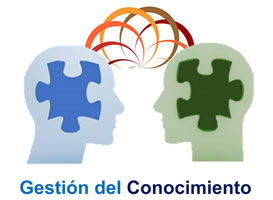KNOWLEDGE MANAGEMENT FOUNDATION
A foundation to enhance people’s knowledge and add value to their ideas.

Description
The Foundation is a non-profit organization that has been operating independently from any public or private entity since 1994 up to the present date.
In Spain and throughout Europe, it is established as a promoting entity of the Knowledge Society, as stated in its bylaws. One of the main objectives is to foster and enhance relevant activities and initiatives that take place within this field, both at the national and international levels.
Another important objective is focused on promoting and energizing knowledge management in all organizations and individuals by applying the best techniques, methods, and practices available.
We put knowledge at the service of the highest purposes.

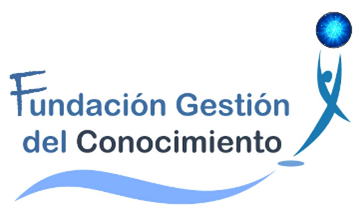
Entity promoting the Knowledge Society
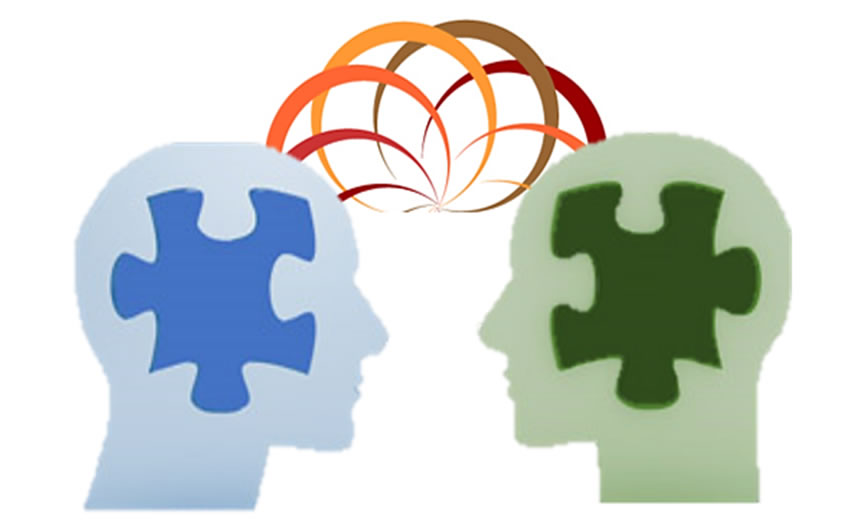
Gestión del Conocimiento
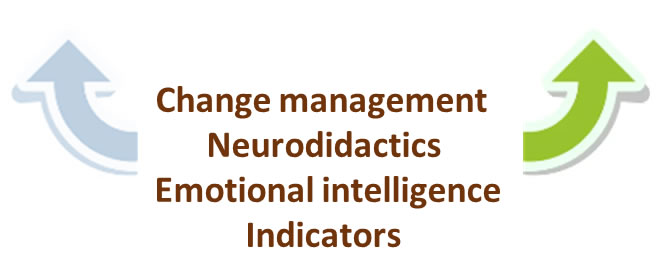
Progress
The Foundation has developed a new, more innovative knowledge management methodology than the previous ones, which integrates aspects of change management, neurodidactics, and emotional intelligence to facilitate the assimilation, dissemination, and retention of knowledge.
This methodology incorporates techniques that allow for a more practical and efficient application of the teachings in the activities carried out, enhance individuals’ capabilities, and maximize the results obtained.
It also includes social progress indicators that measure the impact of knowledge management on the well-being of society, taking into account aspects such as inclusion, equality, work environment, safety, environmental quality, sustainability, ease of access to knowledge, etc.
Training
Economic conditions should not be a limitation in education, but always a barrier to overcome. Therefore, the Knowledge Management Foundation has made every possible effort to facilitate access to a larger number of people, taking into account their circumstances and offering high-quality education at very affordable costs. The assistance provided is aimed at achieving this objective.
Teachers certified by the Foundation, with extensive experience of over fifteen years, will be responsible for delivering it. Various courses and workshops will be conducted to teach all techniques and methods in a practical and instructive manner. The training will be provided according to each category, in schools, universities, entrepreneurship centers, companies, sports entities, research organizations, and senior centers, among others. The courses will be offered both in Spain and the United States.


The courses taught are:
1. Introduction to Knowledge Management.
2. Assimilation, Diffusion, and Retention of Knowledge.
3. Narratives / Storytelling.
4. Lessons Learned.
5. Learning to Generate Ideas and Innovate (Knowledge & Wise Brains).
6. Learning through Mistakes.
7. Knowledge Maps.
8. Knowledge Communities.
9. Developing a Knowledge Transfer Plan.
10. Transition from a Knowledge Community to a Community of Practice.
11. Building a Knowledge Management Model.
12. Learning to Provide Effective Feedback.
13. Methods and Techniques for Managing Changes and New Challenges.
14. Best Practices.
15. Managing Knowledge in an Emotionally Intelligent Manner.
16. Master’s in Knowledge Management.
Projects
The activities of the Foundation encompass, in addition to training and specific consultancy, the development of multiple projects in the field of knowledge management. The scope of action encompasses both small, medium, or large private or public organizations, as well as groups of people or individuals who are personally interested in launching any initiative.
Some of the notable projects include:
1. Identification of sources and knowledge gaps within the organization.
2. Analysis and diagnosis of knowledge and its distribution within the company.
3. Definition of a knowledge management model.
4. Development of a knowledge transfer plan.
5. Integration of effective knowledge management processes.
6. Creation of a Knowledge Community.
7. Change management applied to organizational, functional, or technological variations.
8. Establishment of an effective knowledge management department.
9. Development of a knowledge network.
10. Knowledge cities.


Events
Among the various events organized, the following two stand out:
Knowledge Week
It is an informative project that encompasses a series of significant events taking place in October to promote the acquisition, exchange, and dissemination of knowledge, and to raise awareness among all individuals about its importance and the need to channel it towards positive and socially relevant purposes.
It aims to promote changes in the mindset and behavior of individuals that enable the development of a more responsible, wise, and rational society; a society rooted in values such as honesty, equity, tolerance, and collaboration, where the core of actions focuses on the individual and how they manage their knowledge to foster progress, respect, the common good, and the protection of the natural environment.
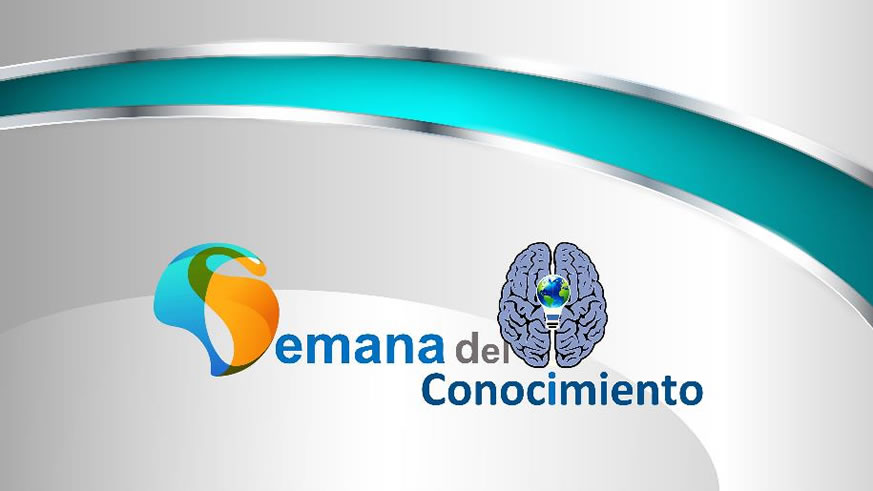
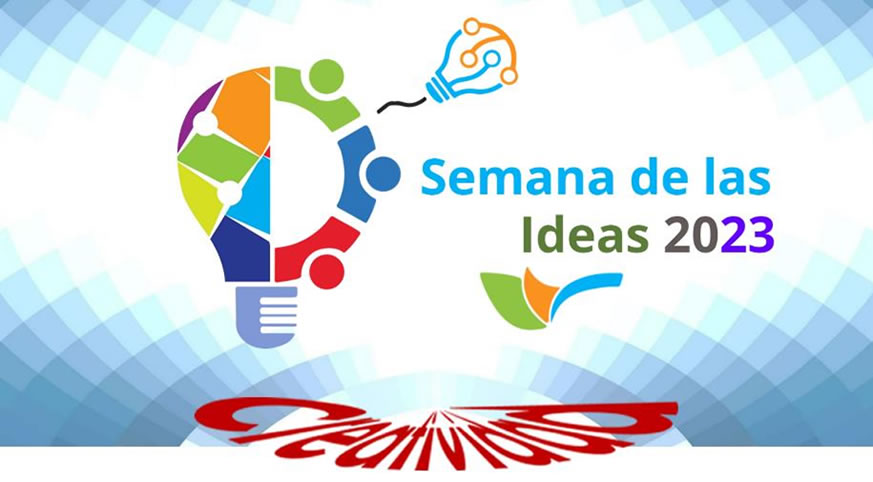
Ideas Week
It is an initiative launched to promote the creation and development of valuable ideas that allow people to express their creativity and apply knowledge and talent in the most optimal way.
Each idea that is put into practice has a different impact on society and the natural environment around us. For that reason, it is necessary to create them responsibly and carefully analyze their possible consequences. Under this approach, its main motto was designed: Good ideas are not the ones that change the world, but the ones that improve it.
Every year, various events are organized within the business, educational, and cultural sectors during the celebration days with the aim of fostering participation. Cultural centers host conferences, drawing contests, exhibitions of creative books, discussions, showcases of innovative ideas, unique desserts, etc.
Articles
The importance of implementing an internal knowledge transfer plan
Knowledge transfer plans serve to identify key knowledge within a company or organization, analyze and improve its distribution, prevent its loss, and maximize its utility.
Public or private entities that do not have such plans face many problems and disadvantages that can significantly impact the productivity of their various departments and the performance and problem-solving abilities of their staff.
One of the most significant problems is the underutilization of knowledge from experts. When these professionals change companies or retire, that know-how is lost. This detriment not only involves the loss of explicit knowledge but also the tacit knowledge acquired over the years, which resides solely in the minds of these experts.
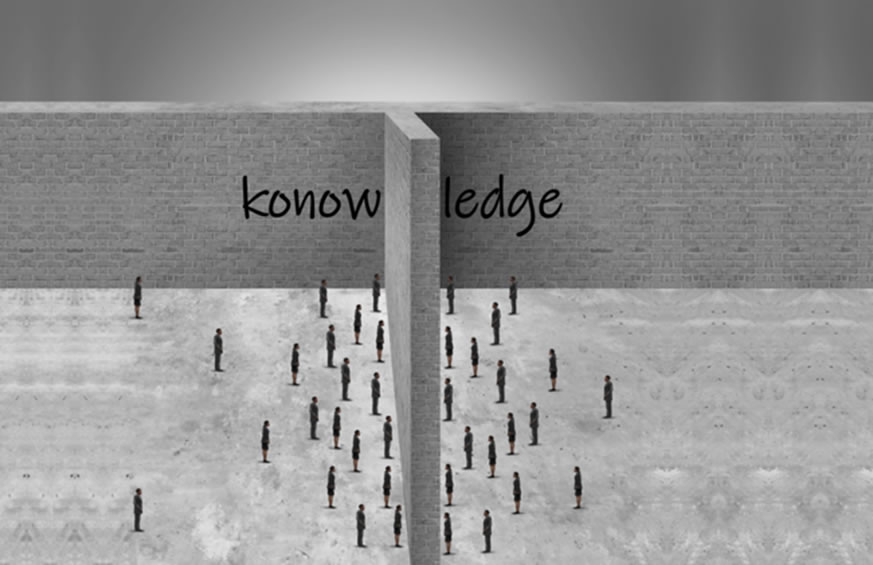
Situations like these occur frequently in many public entities, where key positions are vacated without any process being implemented to retain their knowledge or that of their employees. This aspect becomes even more crucial in the current moments of crisis that we are experiencing.
Another drawback is the slowdown in performance and productivity of new employees who join the workforce. Transfer plans outline precisely the knowledge and skills required for each position and those that may be necessary in the future, as well as the procedures and timelines for transferring them. The onboarding of a new employee not only requires certain technical knowledge but also specific notions outlined in these plans regarding the entity’s strategy and organization, work methods, rules and processes to follow, status of ongoing initiatives, pending tasks, etc. Without these plans, the process of getting the employee up to speed and familiarized with the new tasks is delayed, leading to more errors and confusion.

Contact
Please fill out the contact form below. We will respond to you as soon as possible to provide you with the information you need.
